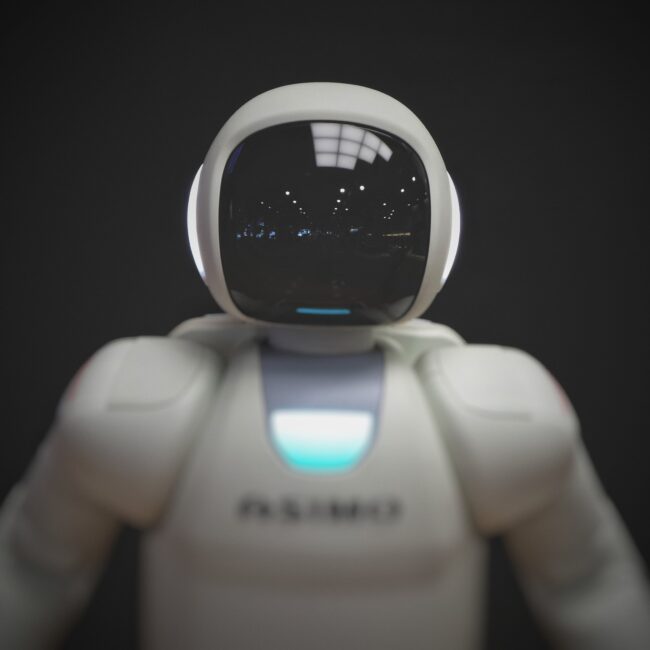People are so attached to their mobile phones nowadays. Scrolling the news on social media or reading them from local and global news web sites is something that we do even hourly. We love to know about what is going on in the world and most of the time we tend to blindly believe everything that some journalist has said.. moreover if there is a video or photo to prove it – then it’s concluded – the visual doesn’t lie.
But it does. The progress in that industry has been enormous recently. And what can we thank? Artificial intelligence, of course. I’ve seen crazy videos coming up just a few weeks ago in which the computer have generated fake videos of real people “talking” – saying things they have never said in a place they have never been. The technology behind is now called ‘deepfake’, a combination of deep learning and fake, but realistic results. (Just to be clear – deep learning is a sub-field and a more powerful version of machine learning.) Let’s see an example of deepfake here below.
But deepfake is not the only reason why we should be a bit worried about artificial intelligence and technology in general playing around with our beliefs. Even that faking videos is a technological breakthrough and a total game changer in that field, then the algorithms in the search engines and paid advertisements are something that has been impacting us for a long time.. and in my opinion, not the best way. I just recently wrote an article to Estonian youth work journal MIHUS on how youth workers can support young people to operate in the world of algorithms and find objective information (Check it here – sorry, English speakers can Google translate it).
The fact is – the internet is biased and finding real, objective information might be a bit hard. Things go viral, while at the same time actual correct information might be left behind unnoticed. Currently, I am not talking so much about AI, but the problem with the internet in general. Paid advertisements are the worse in my opinion. Professionals out there know how to manipulate with advertisements so those would be distributed widely among the people, but the information in there might not be validated at all. It can be faulty, very biased, full of personal opinions or just random wording that works so the message would be spread.
For example, I’ve had one advertisement with faulty information popping up all the time for the last few weeks. In that case, one page in Facebook pretended to be one known existing financial institution and provided loans on behalf of them. However, I knew that this company works only with current accounts, so I found it strange from the second I noted that and reported about it to the actual institution. But the marketing was good and unfortunately, I bet that several people actually fell for the trick.
The problem expands also to the algorithms which impact what we can see from our search engine results. Term SEO e.g. search engine optimization, which has been around us for a while, is a great tool for the websites to appear in the engines. However, again – it doesn’t help people on forming objective opinions, but basically, it’s ‘whoever screams louder (smarter) will win’. And everything is going more and more complicated on continuous pace.

Everything on the internet is very strategic, and unfortunately, at the end of the day, every supplier on the internet wants the same thing – to earn money. And that’s why every internet user has to be smart to validate all the information themselves and not to believe everything it’s seen. Especially when we come back to the deepfake – it’s currently a very hot topic in the technology field and most probably when a new fake video comes out, it will be detected quite fast just because it’s a new thing and everybody is involved in thinking about it.
But it’s not going to stay like that forever and at one day, we won’t make a difference between what is fake or not. Hence, we need to start continuously using our judgment and assessing if everything that we can see is true or not. And I’m just saying – with development of augmented reality and all other emerging technologies, it’s not going much easier.








